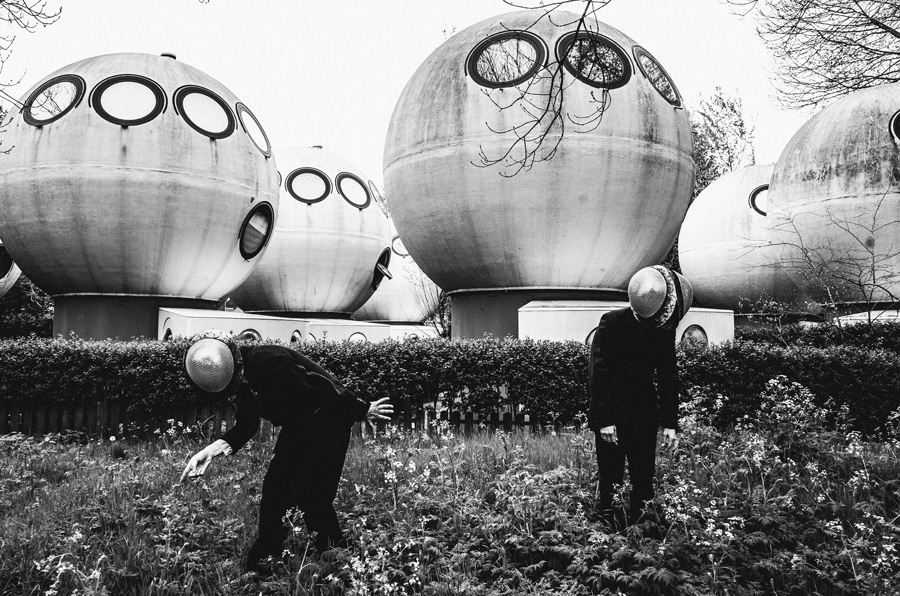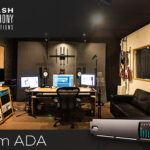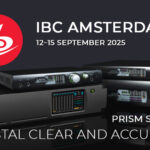August 28th 2025: For Dean Horner, music and sound have been a lifelong fascination.
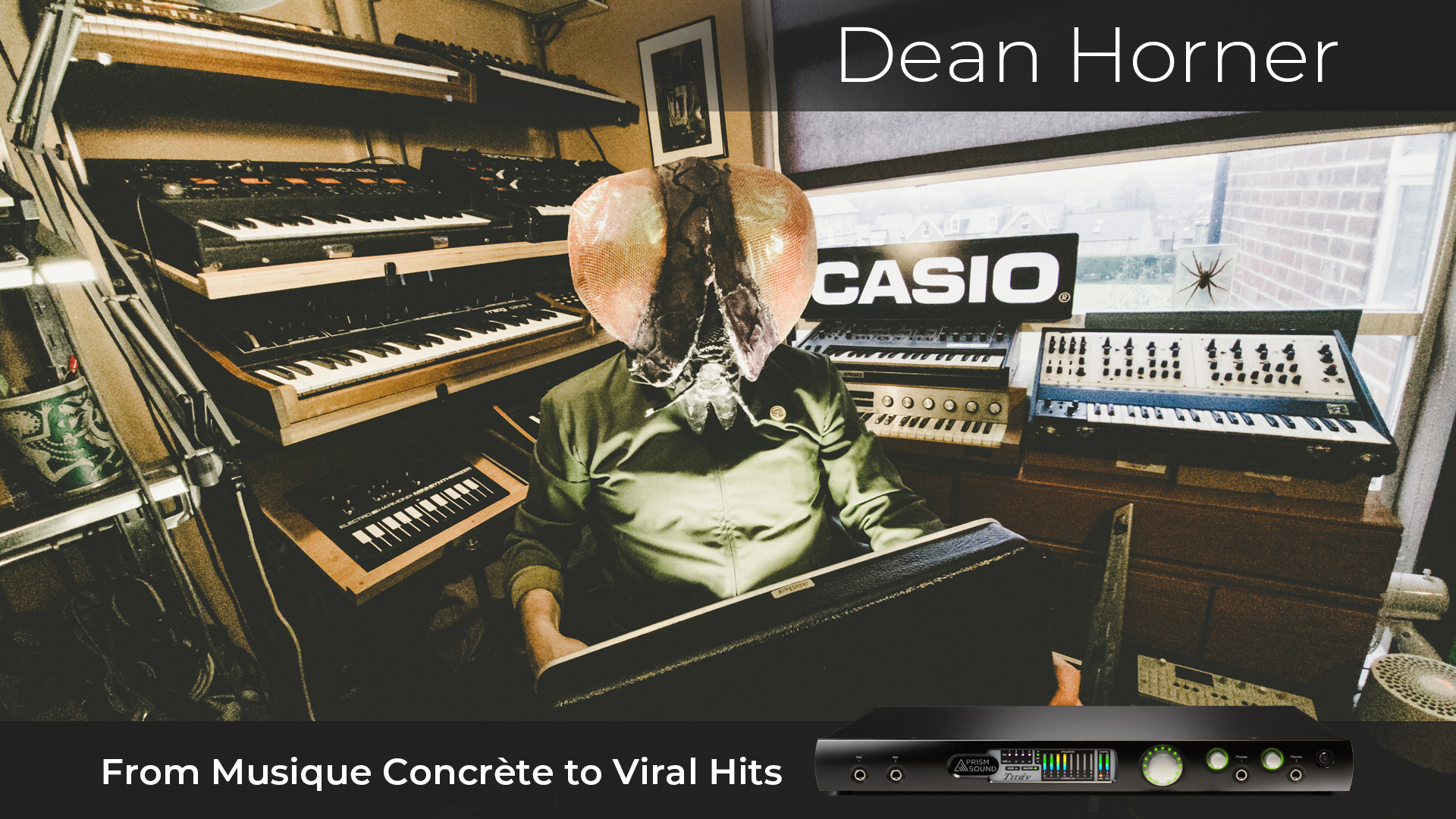
His earliest experiments date back to the early 1970s, when a Sharp portable cassette recorder became a tool for sonic exploration. “By pausing a recording every second or so, I could create a rhythm of weird chopped-up found sound,” he recalls. “I think I was unknowingly making musique concrète at five years old.”
Growing up in Essex with older siblings, the household soundtrack featured David Bowie, T Rex, Roxy Music, and, crucially, Kraftwerk’s Autobahn. “The electronic sound was mind-blowing to a nine-year-old obsessed with space and the future,” Dean says. That moment sparked a lasting love for synthesisers and electronic music.
Dean’s first band in the late ’70s was a punk outfit with school friends, but after seeing Depeche Mode play a local club, guitars and drums were traded for monophonic synths and drum machines. “Punk was dead. We loved that pristine sound and the pop songs,” he says. Soon, he was immersed in the UK’s burgeoning synth scene, inspired by The Human League, Cabaret Voltaire, Fad Gadget, and others.
By the mid-1980s, Dean had relocated to Sheffield: an epicentre for electronic music – and set up an eight-track tape studio above a chrome plating factory. It became a creative hub, leading to collaborations with Richard Barratt (DJ Parrot) in All Seeing I and Jarrod Gosling in I Monster. Both projects enjoyed chart success at the turn of the millennium.
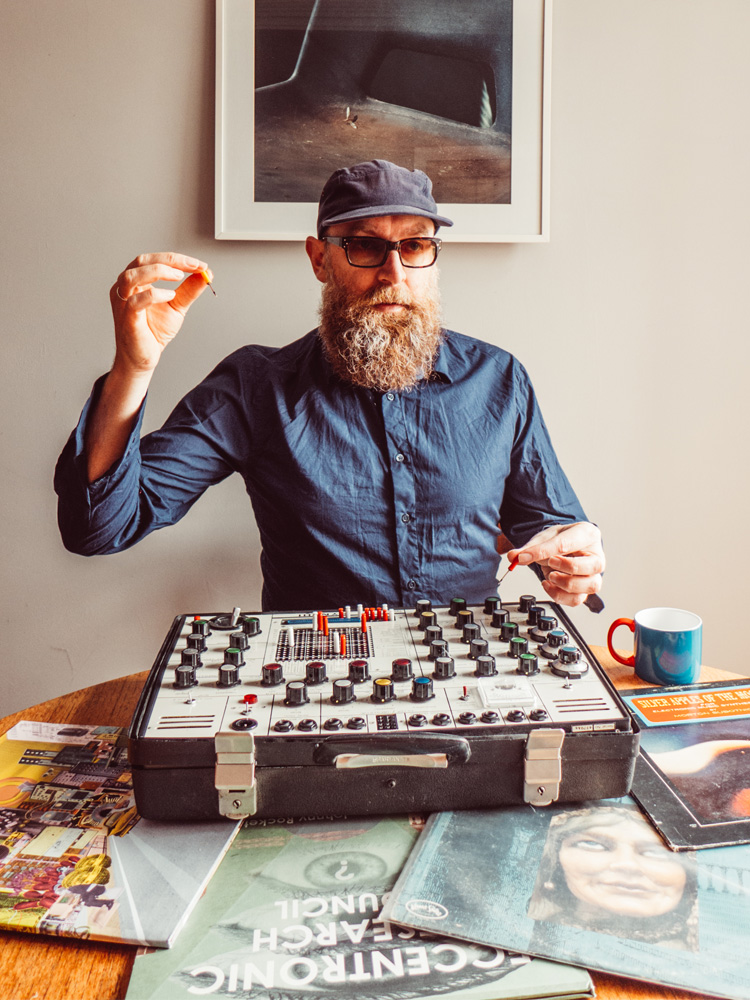
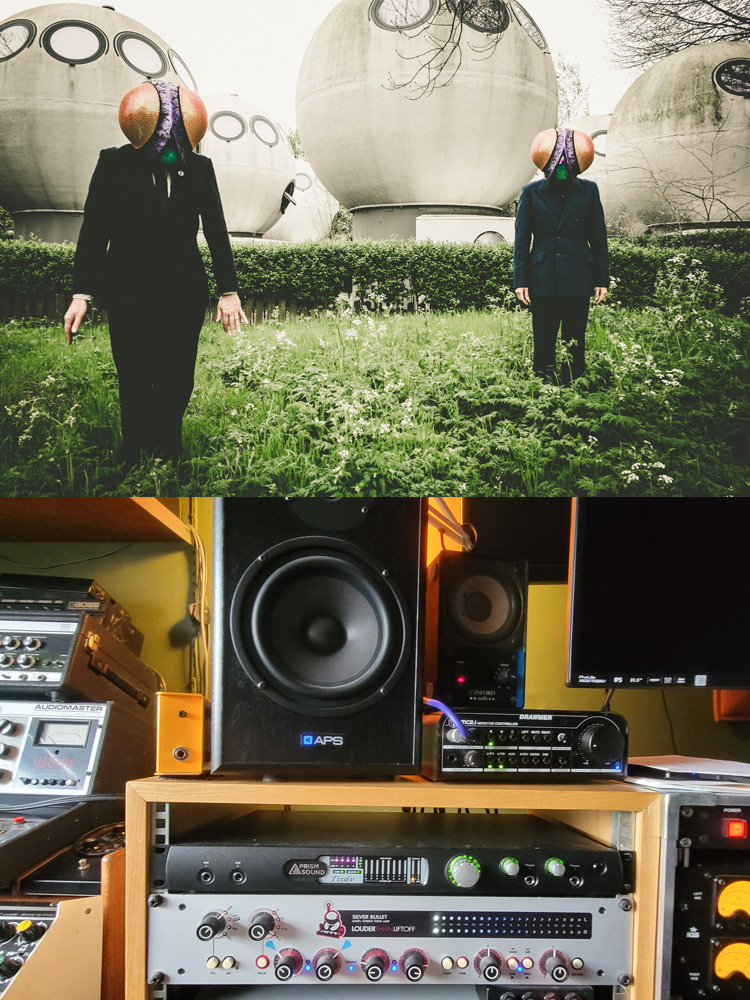
Today, Dean is still busy with I Monster, which enjoyed a TikTok-fuelled resurgence in 2024 when the track Who Is She went viral. That renewed attention led to a European tour and interest from record labels. Alongside this, Dean is producing an album for artist Hannah Hu, whose credits include work with The Specials and Nouvelle Vague, and continues to take on mixing and mastering projects by word of mouth.
His studio has evolved from a commercial space to a modest but well-equipped home setup, a move made when his twin sons were born in 2002. “Because my focus was on electronic music, I didn’t need a large live room,” he explains. “Now, 25 years later, I’m still in that room. There are far too many old synths and keyboards, but I find it hard to let them go.”
Dean first encountered Prism Sound around 2014, when his mastering work prompted a search for the best converters he could afford. A Lyra was his first purchase, later replaced by an Orpheus. “It became the heart of my system,” he says. “The sound and clarity over other interfaces I’d used was a big step up, and it’s been 100% reliable.”
Now, as he upgrades his studio to a new Mac-based system, Dean is looking forward to bringing in a Prism Sound Titan. “I still need the best quality possible to get real-world sounds into my computer, and the best quality out to my monitors,” he says.
With a new I Monster album in the works and touring plans for 2026, plus the upcoming release of Hannah Hu’s debut, Dean’s creative momentum shows no signs of slowing. And at the centre of it all remains a commitment to sound quality, something Prism Sound continues to deliver.
